18 Things Your Children Will Carry With Them When You’re Gone

As parents, we often wonder what lasting impact we’ll have on our children’s lives. The truth is, long after we’re gone, our children carry pieces of us within them – sometimes in ways we never imagined. These emotional inheritances shape who they become and how they view the world. Here’s what your children will remember and cherish most when you’re no longer physically present in their lives.
The Feeling of Being Unconditionally Loved
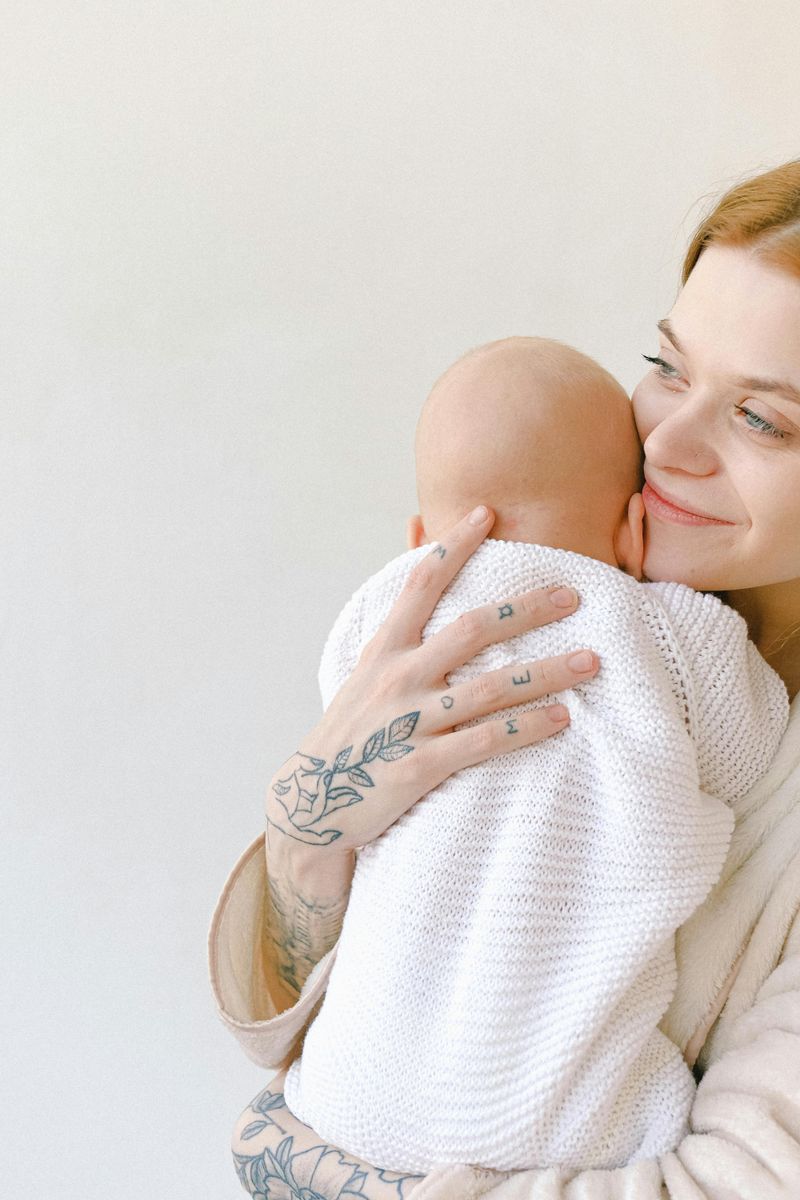
Children who grow up feeling completely accepted and cherished develop an inner security that lasts a lifetime. This foundation of unconditional love becomes part of their emotional DNA, helping them weather life’s storms with confidence.
Years from now, your children won’t remember every gift you gave them, but they’ll remember how you made them feel when they made mistakes or achieved something special. That sense of being loved without conditions creates an emotional safety net they’ll carry forever.
This invisible inheritance shapes how they form relationships and how they’ll eventually love their own children. It’s the emotional compass that guides them home, even when you’re no longer there to show the way.
Your Voice in Their Heads

Long after you’re gone, your children will hear your voice in their minds during key moments. Your common phrases, words of wisdom, and even your tone will resurface when they need guidance most. This internal soundtrack becomes a lifelong companion.
Maybe it’s your warning about checking the weather before leaving home, or your encouragement to always stand up for what’s right. These verbal echoes serve as an internal navigation system, helping them make decisions that align with your shared values.
Sometimes they’ll hear your laughter or the special way you said their name. These vocal memories create a continuing conversation that transcends physical absence, keeping your connection alive through sound.
Family Traditions That Live On

The holiday rituals, birthday celebrations, and weekend routines you created become touchstones your children will recreate throughout their lives. These traditions carry your family’s unique signature and provide continuity across generations.
Perhaps it’s the special pancakes on Sunday mornings or the way you always sang a particular song on road trips. Your children will find themselves repeating these patterns, sometimes without even realizing they’re carrying on your legacy.
These traditions become especially important during milestone moments when your absence is felt most strongly. By maintaining these familiar rhythms, your children keep you present in their lives, teaching their own children about the person who started it all.
Your Approach to Problem-Solving

Without realizing it, your children absorb how you handle life’s challenges. Your problem-solving style becomes their default approach when facing their own difficulties. Whether you were methodical, creative, or persistent, they inherit these strategies.
When confronted with obstacles, they’ll find themselves channeling your energy. “What would Mom do here?” becomes an automatic thought process. Your calm during crises or your ability to find humor in tough situations becomes their emotional toolkit.
This inheritance proves especially valuable during adult challenges you never prepared them for directly. The meta-skill of problem-solving itself—not just specific solutions—becomes one of your most practical and enduring gifts to them.
The Values You Demonstrated
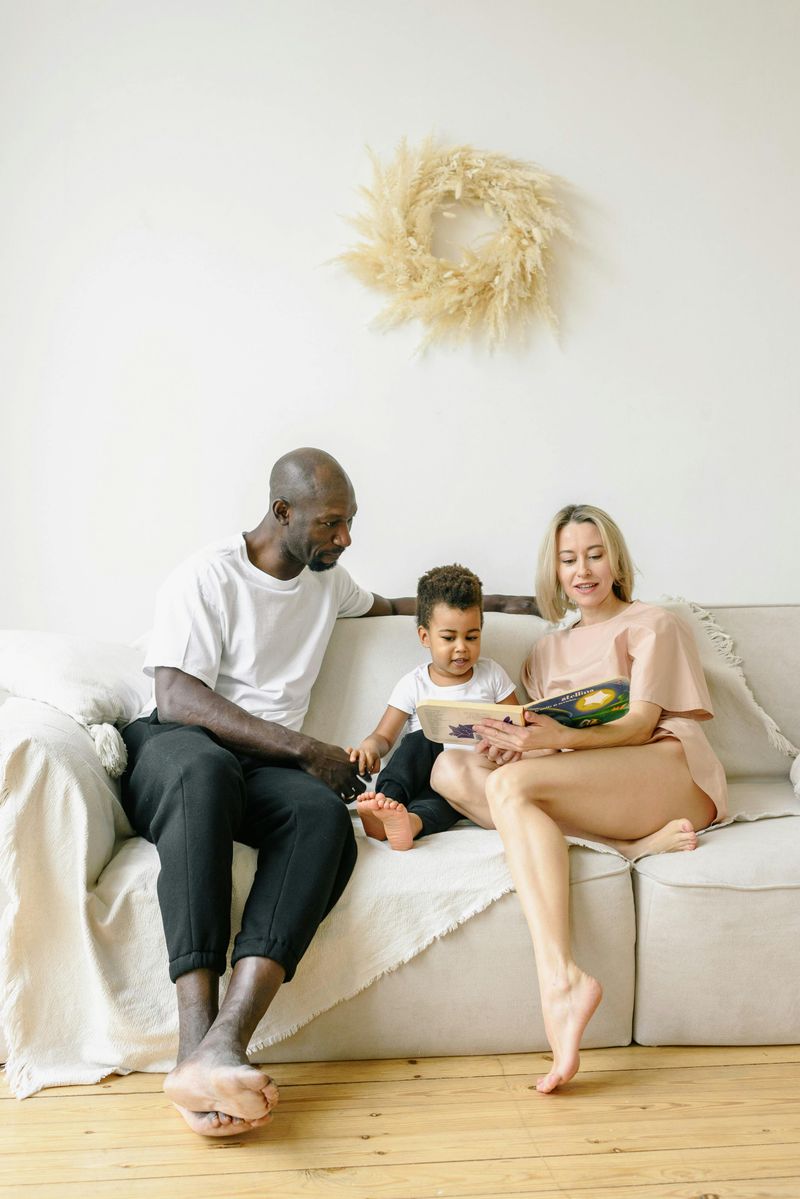
Children learn values not from lectures but from watching how you live. Your consistent actions around honesty, kindness, work ethic, and generosity create their moral foundation. These values become their internal compass when navigating ethical decisions.
They’ll remember how you treated the server at a restaurant, whether you returned extra change when a cashier made a mistake, or how you spoke about people who weren’t in the room. These seemingly small moments reveal what you truly believed was important.
As adults, they’ll find themselves defending these same principles, often using phrases you once used. Your moral legacy lives on through their choices, especially when facing situations where integrity matters more than convenience.
Your Unique Expressions of Love

Each parent has signature ways of expressing affection—whether through physical touch, acts of service, or special nicknames. These unique expressions become emotional touchstones your children will always associate with feeling loved and secure.
Maybe you tucked notes in their lunchboxes or had a special bedtime ritual that was just between the two of you. Perhaps you had a nickname that nobody else used or a specific way of squeezing their hand three times to say “I love you.”
These personal love languages create emotional memories that resurface throughout their lives. When they need comfort most, these distinctive expressions of your love will wrap around them like a familiar blanket, providing warmth even in your absence.
How You Handled Failure

Your response to setbacks teaches your children how to process disappointment. They watch closely when you lose a job, make a mistake, or face rejection. Your resilience becomes their blueprint for bouncing back.
Did you blame others or take responsibility? Did you give up or try again? These patterns shape how your children will approach their own inevitable failures. Your example provides them with either a foundation of resilience or a tendency toward defeat.
Many children report that watching their parents overcome challenges was more impactful than seeing their successes. This modeling of recovery and perseverance equips them with emotional skills that no amount of protection from hardship could provide.
Your Reaction to Their Achievements

elebrated your children’s accomplishments—big and small—shapes their relationship with success and achievement. Your genuine pride in their efforts builds their confidence and self-worth in lasting ways.
Children remember whether you focused on the outcome or appreciated their hard work regardless of results. They internalize whether you compared them to others or recognized their individual journey. Your authentic reactions become the voice they hear when they accomplish something meaningful as adults.
The way you balanced praise with encouragement for growth creates their approach to self-evaluation. This delicate calibration influences whether they become driven by external validation or develop healthy internal standards for their own achievements.
The Stories of Your Life
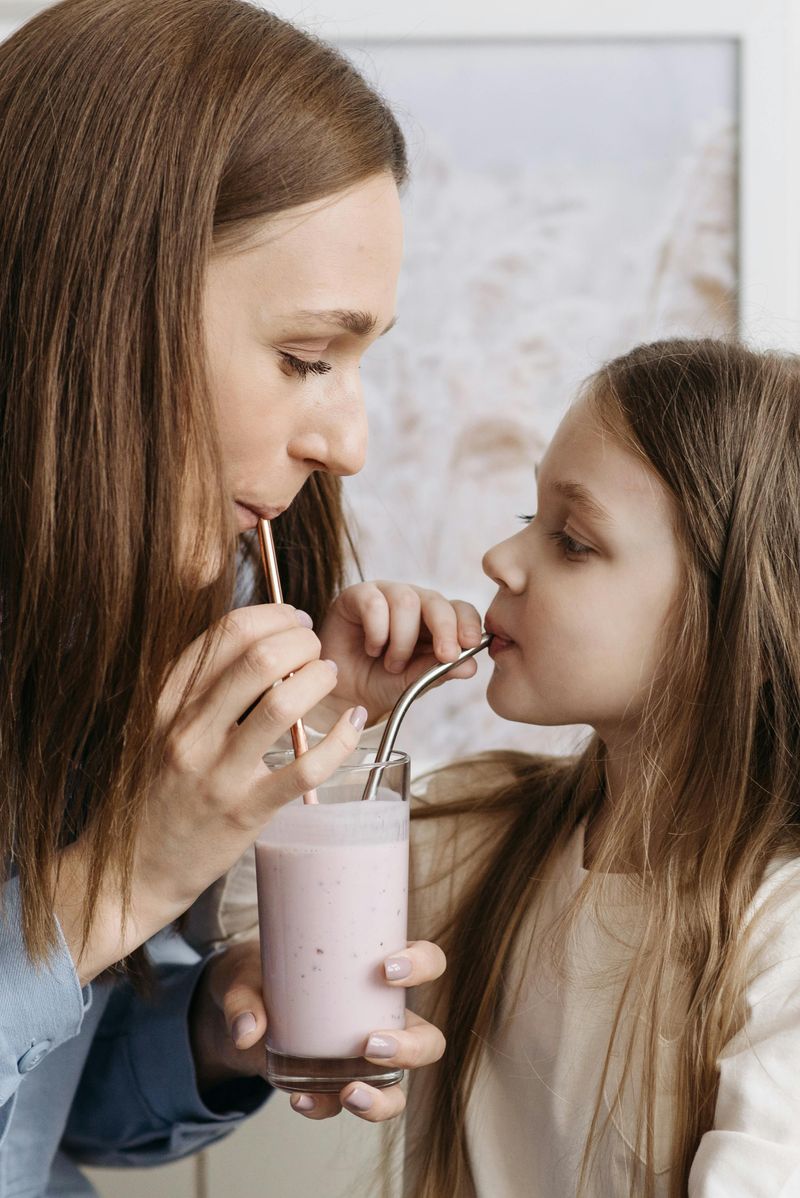
The tales you shared about your own childhood, mistakes, and adventures become treasured heirlooms. These stories connect your children to their roots and help them understand both you and themselves better.
Family anecdotes about where you grew up, your first job, or how you met your partner create a narrative continuity across generations. Your children will retell these stories to their own families, keeping your experiences alive long after you’re gone.
The vulnerability you showed in sharing both your triumphs and failures gives your children permission to be authentically human. These stories become especially precious after you’re gone—fragments of your life they can revisit whenever they need to feel close to you again.
How You Treated Strangers

Your interactions with waiters, store clerks, and neighbors teach your children how to treat others outside their inner circle. This everyday humanity shapes their social compass and reveals your true character beyond family walls.
Children notice whether you make eye contact with the cashier, thank the mail carrier, or help someone struggling with a heavy door. These small moments of connection or dismissal accumulate to form their understanding of human dignity and respect.
As adults, they’ll find themselves automatically extending these same courtesies—or catching themselves when they don’t. Your example of treating everyone with kindness becomes a social inheritance that ripples outward through their interactions with countless others.
Your Comfort During Scary Times

The way you provided safety during thunderstorms, nightmares, or life’s bigger crises creates a template for self-soothing that lasts a lifetime. Your calming presence becomes internalized as their own ability to face fears.
Children remember the sound of your heartbeat when they pressed against you during frightening moments. They recall your reassuring words and the confidence in your voice that made monsters disappear. These memories create an emotional safety net they carry within.
Even as adults facing different kinds of storms, they’ll draw on this early experience of being comforted. Your voice saying “everything will be okay” becomes their own inner voice during difficult times, a permanent gift of emotional regulation.
The Skills You Taught Them
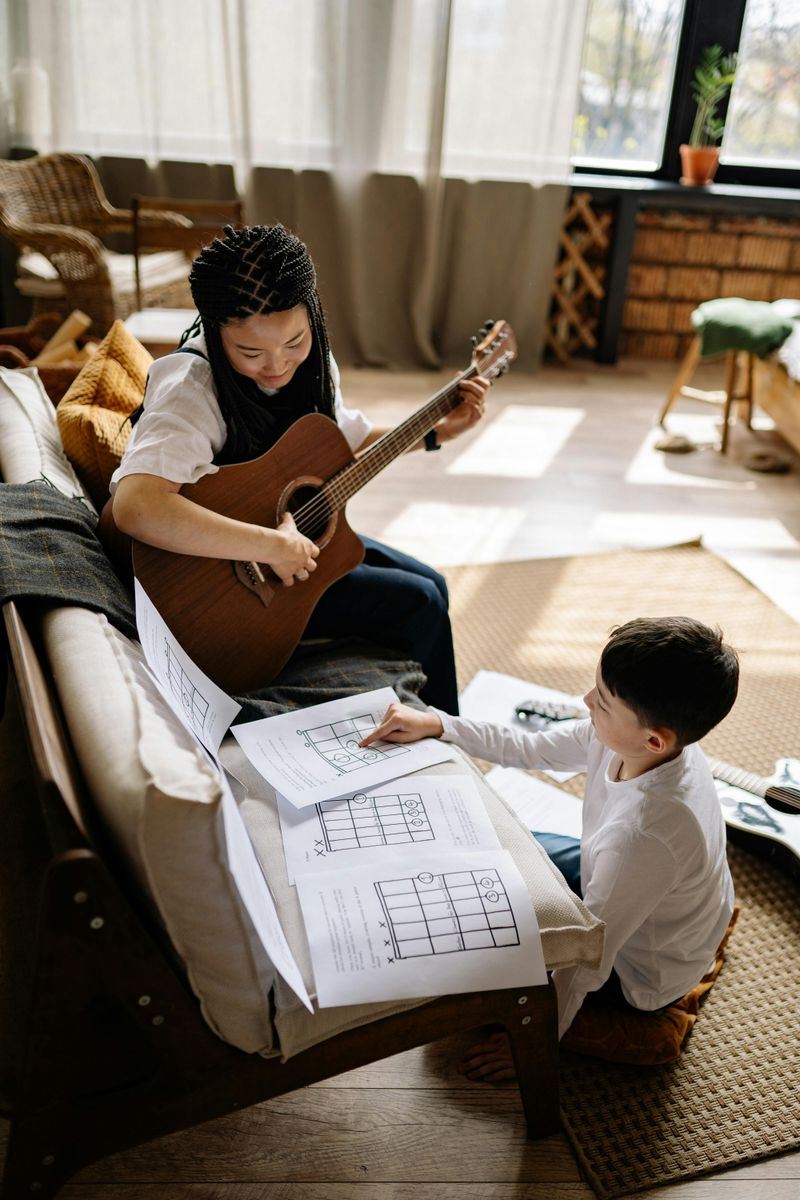
Practical abilities you passed down—whether cooking family recipes, fixing things around the house, or managing finances—become tangible connections to you. These skills serve as both useful tools and emotional links to your memory.
Each time they use these abilities, they’re reminded of learning moments with you. The garden techniques you demonstrated or the way you taught them to change a tire become opportunities to feel your presence again. These practical inheritances often trigger sensory memories of your hands guiding theirs.
Beyond their practical value, these skills represent your investment in their independence. Your patience in teaching them creates a legacy of self-sufficiency that benefits them throughout life, a gift that continues giving long after you’re gone.
Your Response to Their Pain

How you handled your children’s emotional hurts—from playground rejections to teenage heartbreaks—shapes their ability to process difficult feelings. Your validation or dismissal of their emotions creates patterns that last into adulthood.
Children remember whether you allowed space for their tears or told them to “toughen up.” They internalize whether you helped them name their feelings or changed the subject when emotions ran high. These responses become their internal template for handling vulnerability.
As adults navigating their own losses and disappointments, they’ll find themselves naturally following your example. Your compassionate presence during their childhood pain becomes their capacity for self-compassion—perhaps your most healing legacy.
The Way You Fought and Made Up

Your approach to conflict resolution provides your children with a blueprint for handling disagreements in their own relationships. They learn from watching how you navigated tensions and repaired connections after arguments.
Did you fight fair or hit below the belt? Could you apologize sincerely or did pride prevent reconciliation? These patterns become deeply ingrained in their understanding of how relationships work, for better or worse.
Children who witness healthy conflict resolution—where differences are addressed respectfully and repairs are made—gain invaluable relationship skills. Your example teaches them that conflict itself isn’t dangerous; it’s how the conflict is handled that determines whether relationships grow stronger or fall apart.
Your Relationship With Your Own Parents
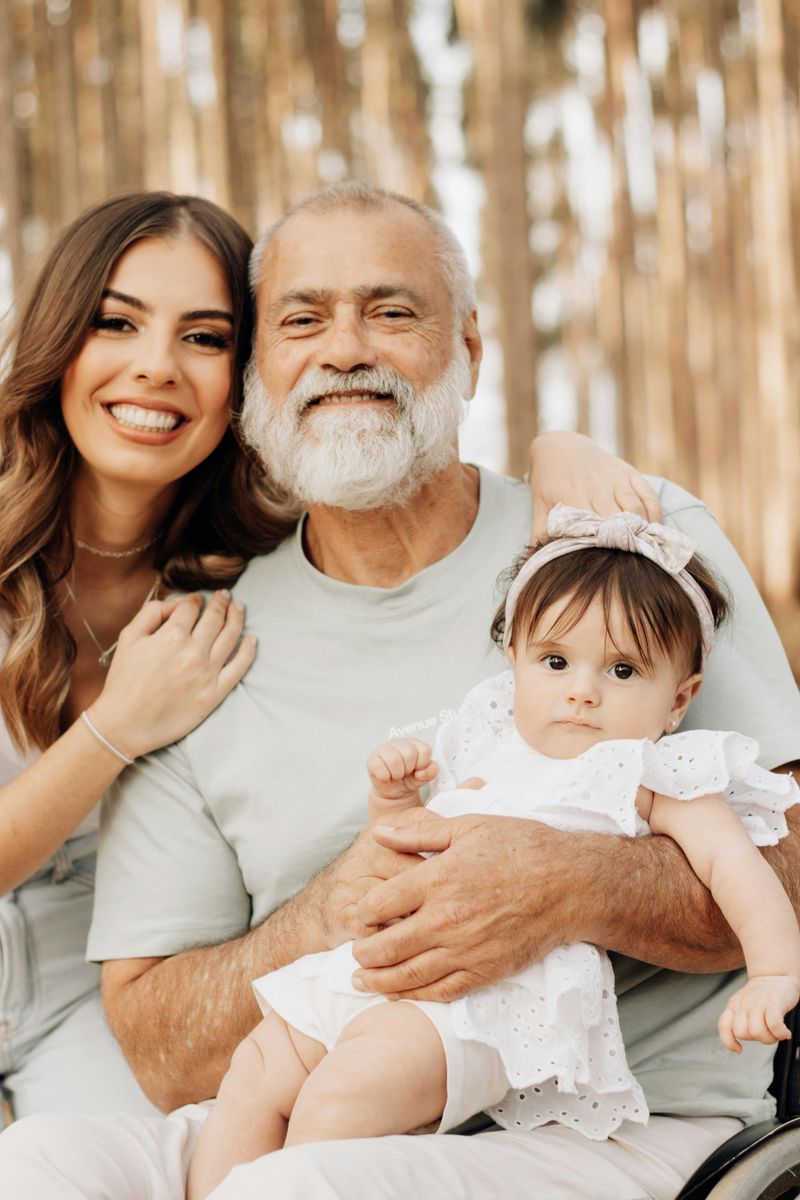
How you interacted with your parents or in-laws creates a multi-generational pattern your children will likely reference in their own adult relationships. This modeling shows them what family loyalty and boundaries look like in practice.
They notice whether you spoke respectfully about your parents, maintained healthy boundaries, or continued family patterns without question. These observations form their understanding of adult child-parent relationships long before they navigate this territory themselves.
As they grow older and your relationship evolves, they’re taking notes for their own future. The way you balance independence with connection, respect with honesty, creates a template they’ll consider when they become adult children—and eventually, when they relate to their own adult children.
Your Attitude Toward Money

Your financial values and habits—whether spoken or unspoken—create your children’s baseline relationship with money. They absorb your attitudes about saving, spending, generosity, and financial security through daily observations.
Children notice whether money discussions caused tension or were approached openly. They internalize whether you lived within your means or chased status through spending. These patterns shape their own financial behaviors, often operating below conscious awareness.
Beyond specific money management skills, they inherit your emotional relationship with finances. Your sense of abundance or scarcity, your money anxieties or confidence, become part of their financial psychology—a powerful legacy that influences their material wellbeing throughout life.
How You Pursued Your Own Passions
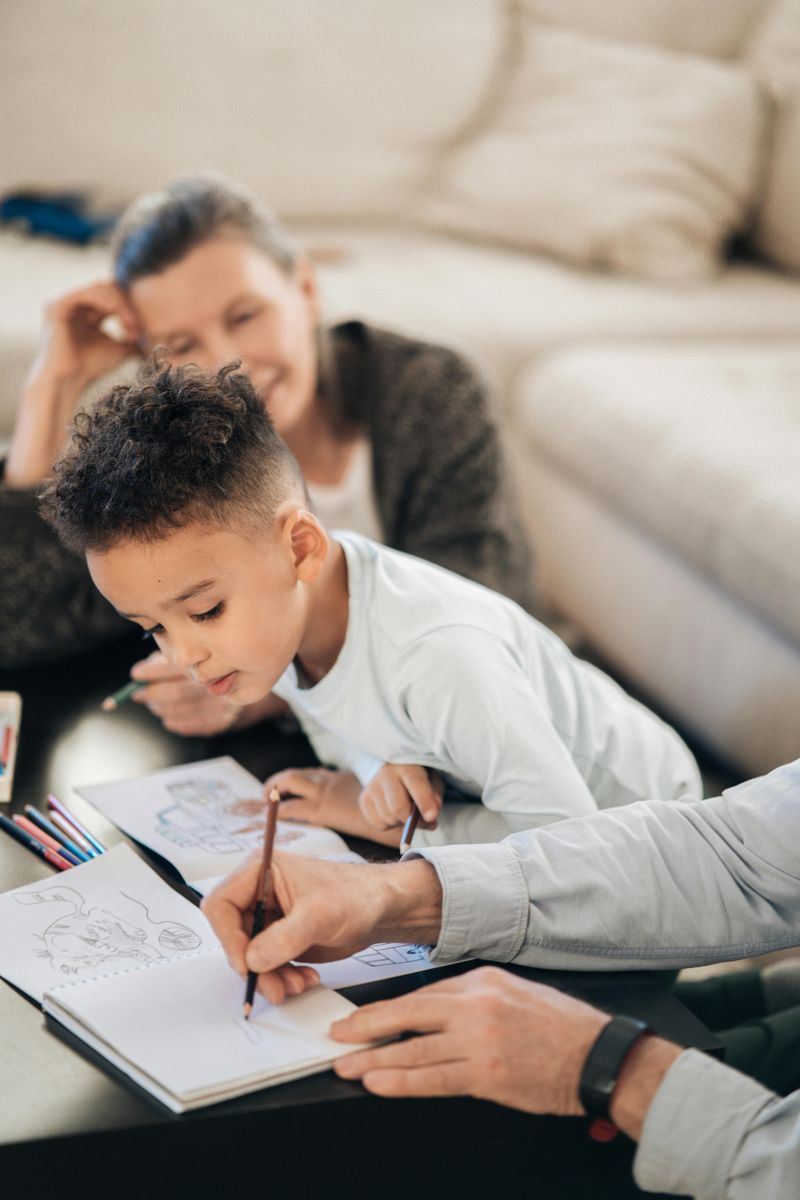
Your relationship with your own interests and dreams shows your children how to value their authentic selves. Watching you nurture your passions—or abandon them—creates their template for self-fulfillment and life balance.
Children who see parents maintaining hobbies, learning new skills, or pursuing meaningful goals gain permission to prioritize their own joy and growth. Conversely, those who watch parents consistently sacrifice personal interests often struggle to justify their own self-development.
This modeling goes beyond specific activities to demonstrate self-respect and boundaries. By showing that your needs matter too, you teach them that maintaining personal identity within family life isn’t selfish but essential—a lesson that supports their wholeness long after you’re gone.
Your Response to Life’s Unfairness

How you handled life’s inevitable injustices and disappointments teaches your children about resilience and perspective. Your response when things didn’t go as planned shapes their ability to navigate an imperfect world.
Did you become bitter when treated unfairly, or did you find constructive ways forward? Could you acknowledge systemic problems while still taking personal responsibility? These approaches become their framework for processing life’s harder realities.
Children who witness parents maintaining dignity and purpose despite setbacks develop emotional fortitude. Your example during challenging times—whether facing discrimination, health issues, or career disappointments—provides them with an invaluable roadmap for handling life’s unavoidable unfairness with grace.
The Acceptance of Your Humanity

Your willingness to be imperfect in front of your children gives them permission to embrace their own humanity. By acknowledging mistakes and showing vulnerability, you create space for authentic living that lasts generations.
Children who see parents apologize, admit confusion, or laugh at their own foibles develop healthier self-acceptance. They learn that worth isn’t tied to perfection but to honesty and growth. This modeling creates freedom from the exhausting pursuit of flawlessness.
As they face their own limitations as adults and perhaps as parents themselves, they’ll draw strength from your example. Your comfort with being authentically human becomes their ability to live without crippling shame or pretense—perhaps your most liberating legacy.

Comments
Loading…